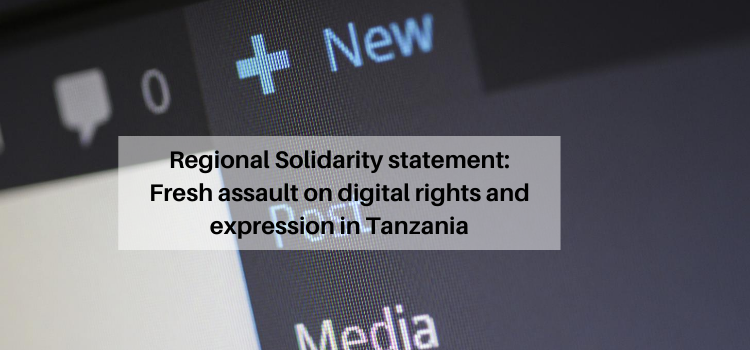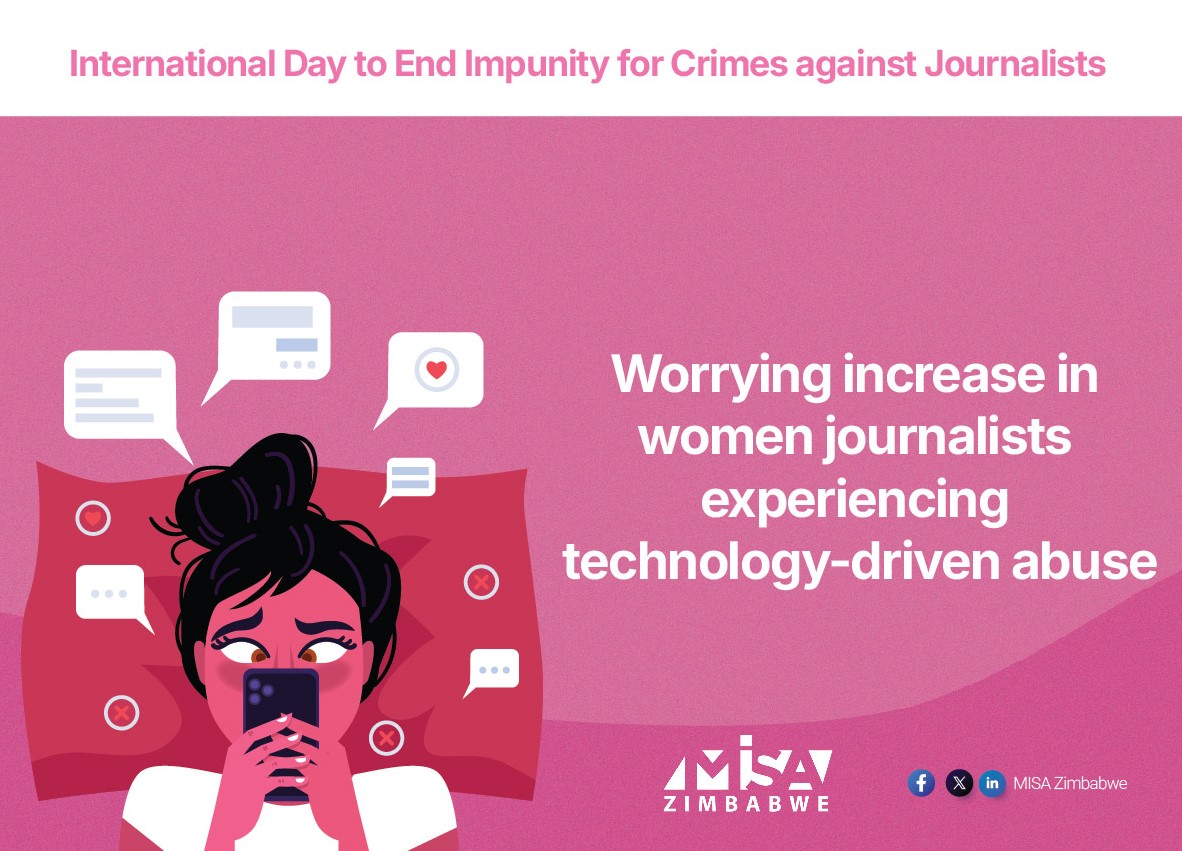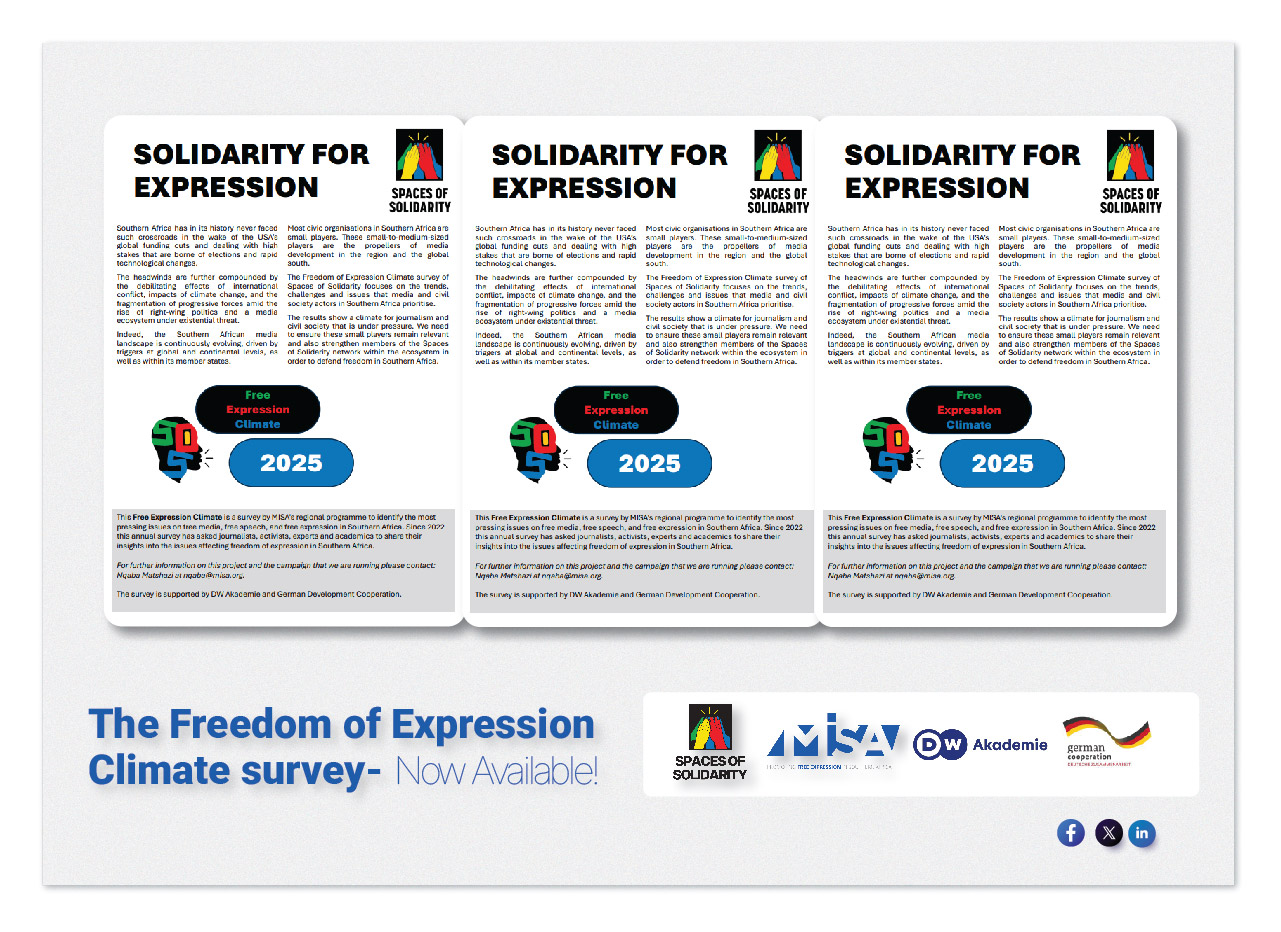The Tanzanian government has banned organising or supporting any form of demonstrations online and ordered citizens not to share information about the spread of the COVID-19 pandemic in the country.
The new regulations make organising or participating in any demonstration or protest illegal.
In June, Tanzania’s President John Magufuli declared the country COVID-19 free and citizens are not required to wear masks or practice any social distancing protocols.
Recently, the Tanzania Communications Regulatory Authority issued a statement asking members of the public who receive or see a “text or WhatsApp group or any other online source that incites [and] misinforms about COVID-19 reports” to report these to the authorities.
MISA Zimbabwe position
The latest regulations move Tanzania further away from agreed democratic principles and tenets of freedom of expression and could open the doors for the government to snoop into private conversations and persecute citizens for whatever they post online.
This, it can be argued, could see Tanzania turning into a police state, where authorities supervise citizens’ activities.
MISA Zimbabwe urges Tanzanian authorities to be cognisant of the African Declaration on Internet Rights and Freedoms, which stipulate that: Everyone has the right to use the Internet and digital technologies in relation to freedom of assembly and association, including through social networks and platforms.
The Declaration calls on African governments to create an enabling environment for the exercise of freedom of expression and access to information.
Thus, we call on authorities to repeal any laws and regulations that impede on digital rights and freedom of expression.
There is need for Tanzanian authorities to ensure that its media freedom and freedom of expression laws, and digital right laws are aligned to African Union (AU) protocols and instruments such as the African Charter on Human and Peoples Rights (ACHPR).













